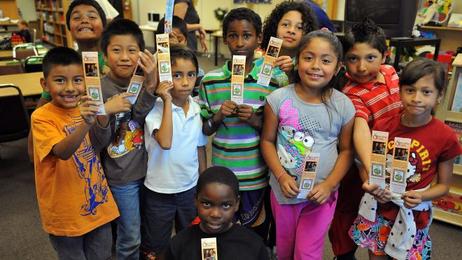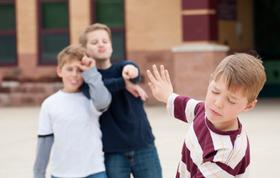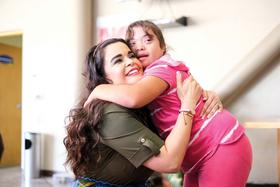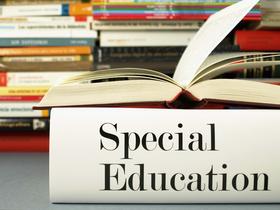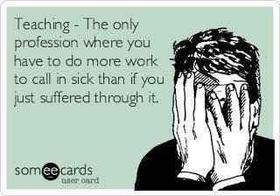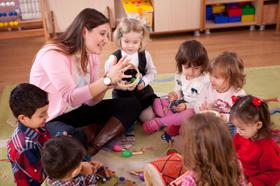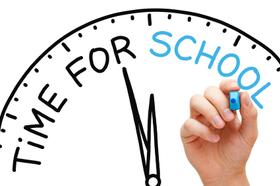In a country as diverse as the United States, where nearly 18% of the population’s native language is not English, public schools have embraced the linguistic challenge presented by immigrant students. A rising number of public schools are gaining recognition for their outstanding efforts in working with immigrant students and non-English speaking learners. In fact, according to The Statesman, ELL students across the nation have made significant gains on standardized tests over the past three years.
The ELL Concern
The English Language Learner (ELL) population in the United States has grown significantly in the last several decades. While only 9 percent of students in 1979 reportedly spoke a non-English language at home, as of 2007, 20 percent of students claimed to speak a non-English language at home.
By law, public schools are mandated to provide the appropriate language and academic support for English Language Learners (ELLs), but some school districts have failed dismally in judging test scores.
Subsequently, the U.S. Education Department Office for Civil Rights began investigating school districts accused of not meeting the rights of their immigrant students. Specifically, the Education Department is looking into California’s Los Angeles Unified School District, as only 3 percent of its ELLs have achieved a “proficient” score on their high school math and English tests. Due to this low success rate, leaders seek to “determine whether those students are being denied a fair education.”
This video looks at the marginalized nature of the ELL

